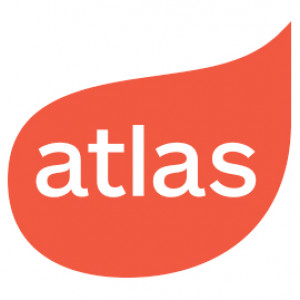 \
&
Contact us
\
&
Contact us
 \
&
Contact us
\
&
Contact us
Published on | 6 months ago
Programmes ERC ERCThis week the European Research Council (ERC) 2025 work programme has been published, including the provisional call calendar, after it was adopted by the European Commission. The work programme includes a call for each main frontier research grant, i.e. Starting, Consolidator, Advanced and Synergy Grant, plus a call for complementary funding for ERC Principal Investigators, i.e. the Proof of Concept Grant with two submission deadlines. The work programme contains also several other actions including public procurement, e.g. support to programme monitoring and evaluation, support to the Europe PMC initiative and assessment of the scientific impact of ERC-funded research. The main novelties compared to the previous (2024) work programme are:
We offer news and event updates, covering all domains and topics of Horizon Europe, Digital Europe & EDF (and occasionally, for ongoing projects, Horizon 2020).
Stay informed about what matters to you.
By signing up, you can opt in for e-mail notifications and get access to
a personalised dashboard that groups all news updates and event announcements in your domain(s).
Only for stakeholders located in Flanders
Digital, Industry & Space AI, data & cloud Deployment: Best use of technologies
The European Commission has published guidelines on prohibited artificial intelligence (AI) practices, as defined by the EU AI Act. The guidelines provide an overview of AI practices that are considered unacceptable due to their potential risks to European values and fundamental rights. The AI Act, which aims to promote innovation while... read more
Digital, Industry & Space Digital Europe Cybersecurity Defence
We would like to inform you that the Commission has adopted and published the European Defence Fund Work Programme 2025. The news announcement (with links to the documents and a factsheet) is available on DEFIS website: https://defence-industry-space.ec.europa.eu/european-defence-fund-over-eu1-billion-drive-next-generation-defence-technologies-and... read more

Atlas Integratie & Inburgering Antwerpen is an autonomous agency and a non-profit organisation responsible for implementing the Flemish integration policy on behalf of and for the City of Antwerp. Atlas offers several types of services for newcomers and Antwerp’s public and non-profit organisations.
In 2018, under the leadership of HafenCity University Hamburg, Atlas participated in the H2020 call 'Addressing the challenge of migrant integration through ICT-enabled solutions'. The proposal 'MICADO - Migrant Integration Cockpits and Dashboards' was approved by the European Commission and the project started in January 2019 and runs until June 2022.